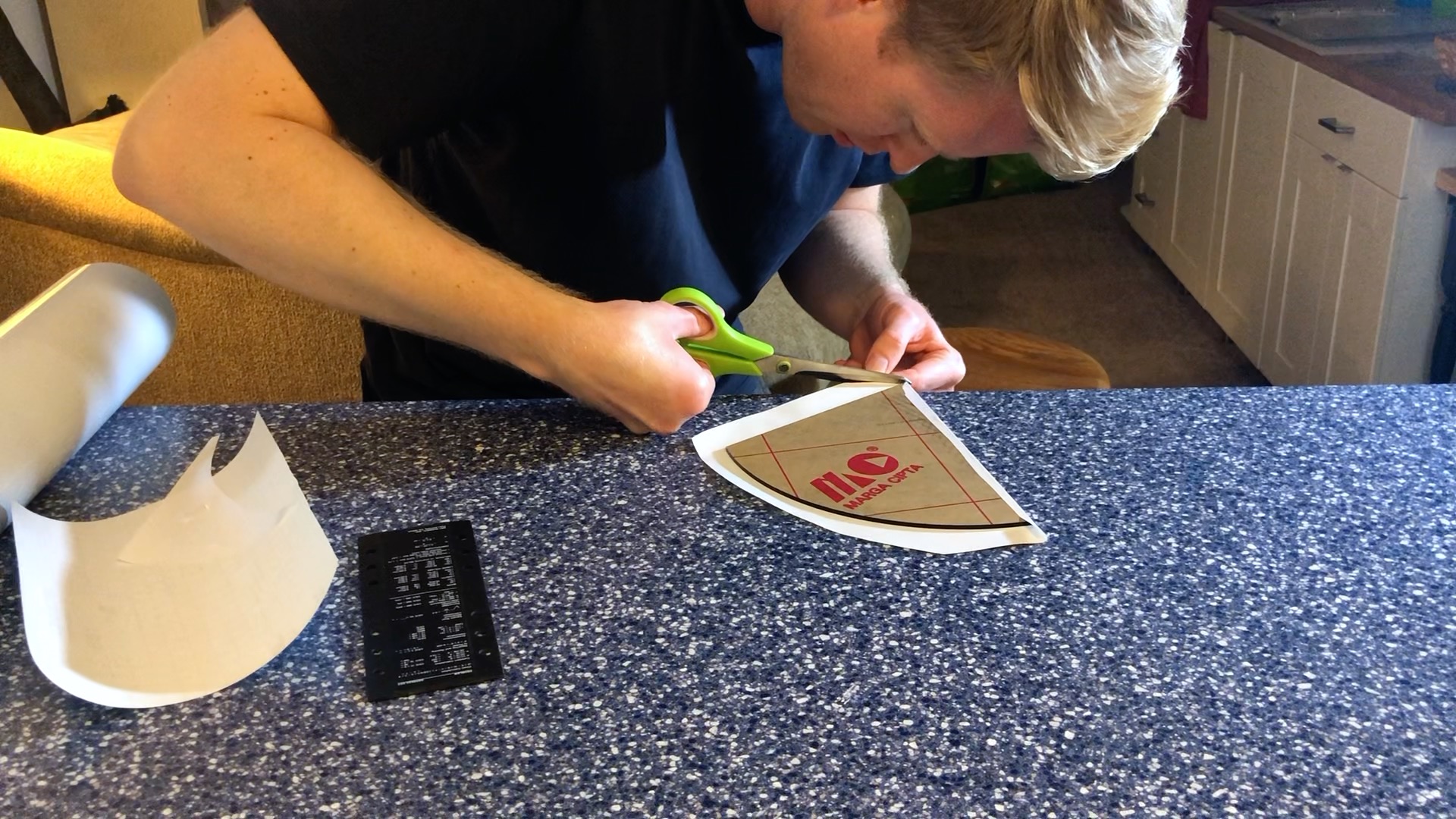8. Limit Subscription Services
Subscription services can add up over time. Review your subscriptions and cancel those you don’t use:
Advertisement

Streaming Services: Limit the number of streaming services you subscribe to. Share accounts with family or friends if possible.
Gym Memberships: If you rarely use your gym membership, consider canceling it and exploring free or low-cost workout options.
Magazines and Apps: Cancel subscriptions to magazines, apps, and services you no longer use.
9. DIY Whenever Possible
Doing things yourself can save a lot of money compared to hiring professionals:

Home Repairs: Learn basic home repair skills to tackle small projects yourself instead of hiring a handyman.
Personal Care: Cut costs on beauty treatments by learning to do them yourself. For example, try home haircuts, manicures, and facials.
Gifts and Decor: Create handmade gifts and home decor items instead of buying expensive store-bought versions.
10. Practice Mindful Spending
Being mindful of your spending habits can help you make better financial decisions:

Need vs. Want: Before making a purchase, ask yourself if it’s a need or a want. This helps you prioritize essential expenses.
Wait Before Buying: If you’re considering a non-essential purchase, wait 24 hours before buying. This cooling-off period can help you avoid impulse buys.
Track Your Progress: Regularly review your spending to see where you can improve and adjust your habits accordingly.
Smart shopping is about making informed decisions, planning ahead, and being mindful of your spending. By adopting these strategies, you can significantly reduce your everyday expenses and improve your financial health. Start implementing these tips today and watch your savings grow, giving you more financial freedom and peace of mind.

